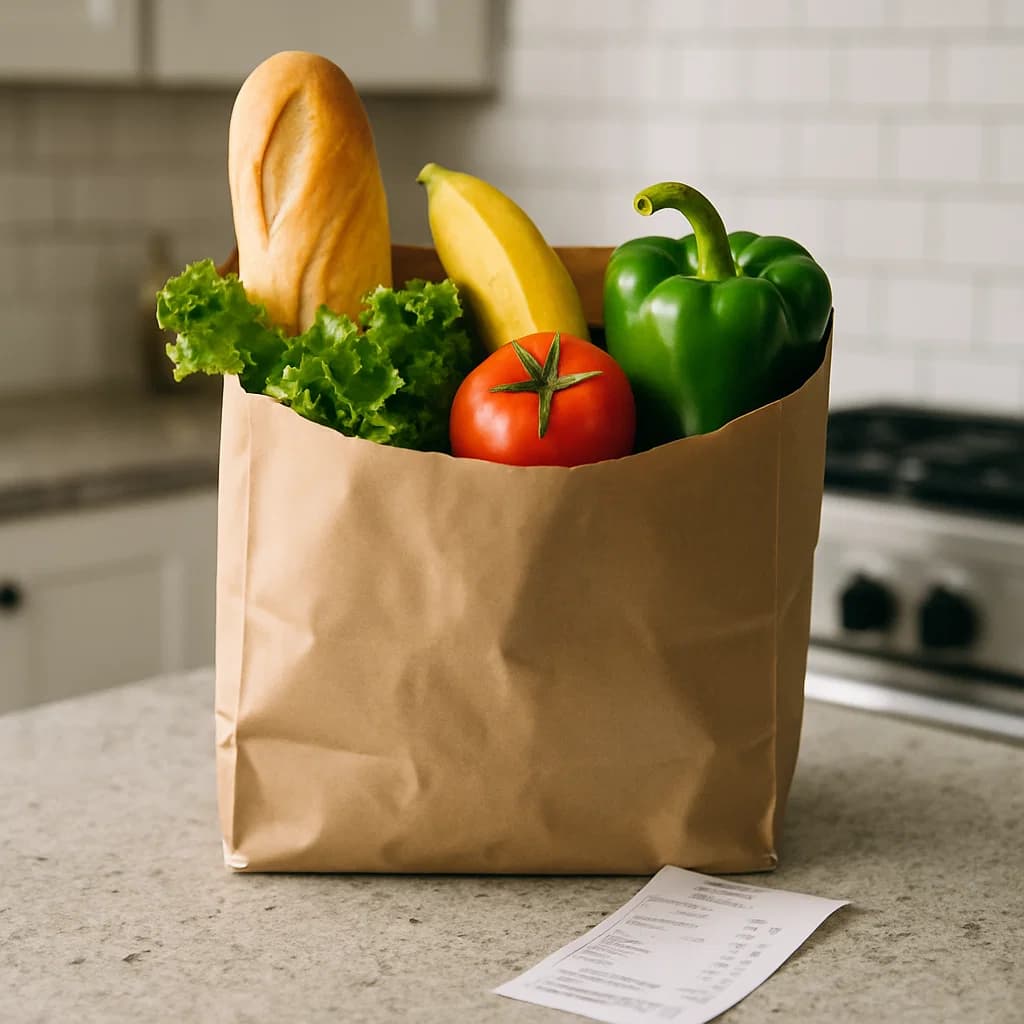
Smart Ways to Save Money on Food in 2025
With food prices continuing to rise, many of us are looking for ways to stretch our grocery budget further. The good news is that with some strategic planning and smart shopping habits, you can significantly reduce your food expenses without compromising on quality or nutrition. Here are practical tips to help you save money on food in 2025.
1. Reduce Restaurant and Takeout Spending
One of the biggest impacts on your food budget might surprise you: restaurant meals and takeout. A single dinner out with drinks can easily cost more than a week's worth of groceries for one person. The key to reducing this expense is planning ahead.
When you have a well-stocked kitchen and a meal plan in place, you're less likely to fall into the takeout trap on busy weeknights. Consider these strategies:
- Plan your meals for the week ahead
- Keep quick, easy recipes on hand for busy nights
- Batch cook on weekends for easy weeknight meals
- Set a monthly restaurant budget and stick to it
2. Shop Smart Online
Online grocery shopping isn't just convenient—it can also help you save money. When you shop online, you can:
- Easily compare prices between stores
- Clip digital coupons with a single click
- Avoid impulse purchases that catch your eye in-store
- Stick to your shopping list more easily
- Take advantage of online-only deals
Many grocery stores also offer free pickup or delivery for online orders, saving you time and gas money.
3. Build Your Menu Around Sales
One of the most effective ways to save on groceries is to let the sales guide your meal planning. Here's how to make it work:
- Check your local store's weekly flyer
- Plan meals based on what's on sale
- Stock up on non-perishable items when prices are low
- Consider buying in bulk for items you use frequently
- Look for manager's specials on meat and produce
4. Incorporate More Plant-Based Meals
Meat is often one of the most expensive items in your grocery cart. By incorporating more plant-based meals into your rotation, you can significantly reduce your food costs. Consider:
- Having one or two meatless days per week
- Using beans, lentils, and tofu as protein sources
- Making meat a side dish rather than the main focus
- Trying new vegetarian recipes that are naturally budget-friendly
5. Make the Most of Your Ingredients
Reducing food waste is another key to saving money. Here are some strategies:
- Plan meals that use similar ingredients
- Freeze leftovers for future meals
- Use vegetable scraps for homemade broth
- Store food properly to extend its shelf life
- Get creative with leftovers instead of throwing them out
6. Use Technology to Your Advantage
Modern tools can make saving money on food easier than ever. A meal planning app can help you:
- Keep track of your favorite recipes
- Create shopping lists automatically
- Plan meals based on what you already have, saving money and avoiding food waste
- Find recipes that use ingredients on sale
Making It All Work Together
The key to saving money on food is combining these strategies in a way that works for your lifestyle. Start by implementing one or two tips and gradually add more as they become habits. Remember, small changes can add up to significant savings over time.
By planning ahead, shopping smart, and making the most of your ingredients, you can keep more money in your pocket while still enjoying delicious, nutritious meals. The best part? These habits not only save you money but often lead to healthier eating habits as well.